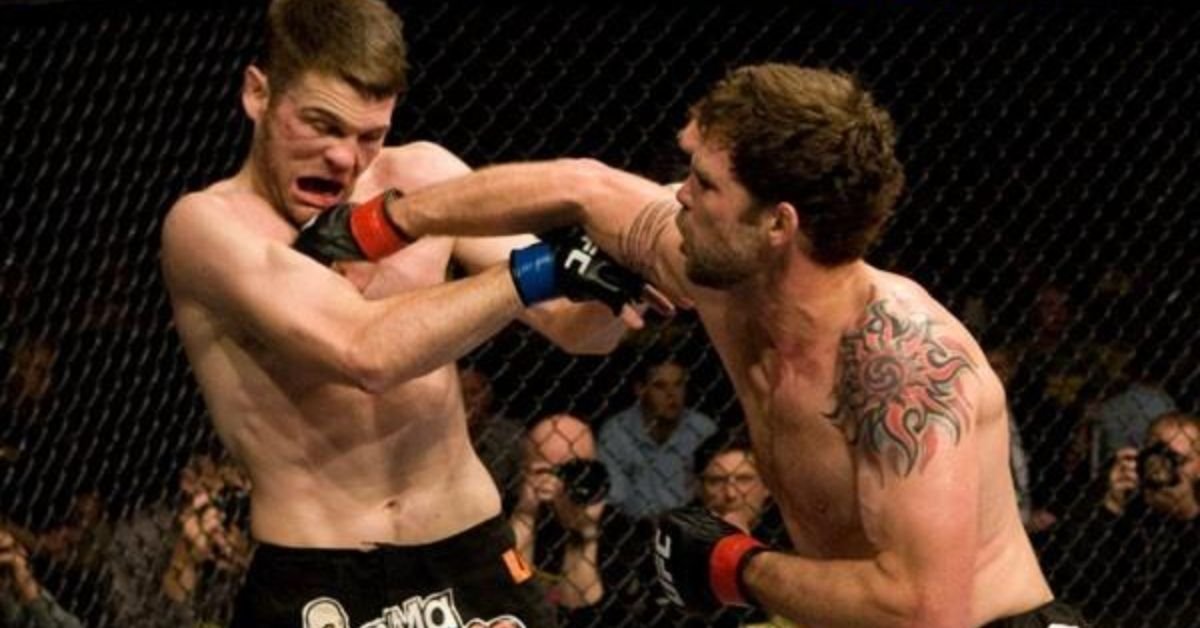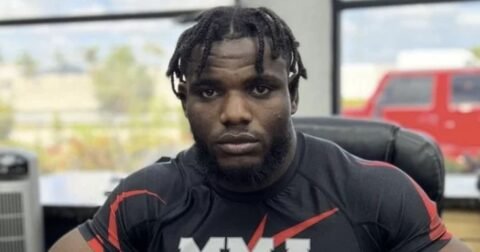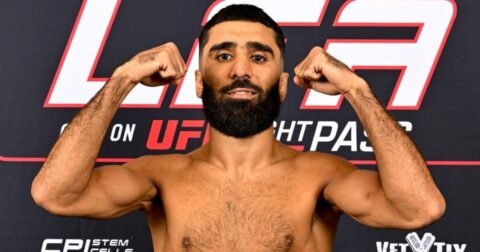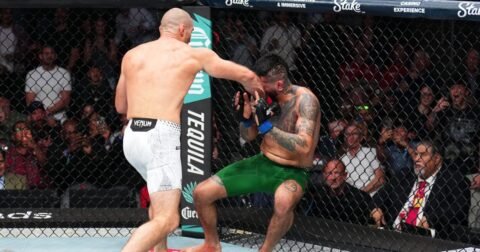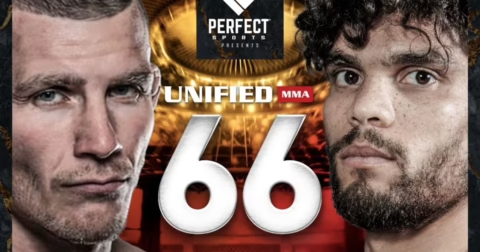In a significant development for UFC fighters, over 97 percent of the approximately 1,100 participants in the first UFC antitrust lawsuit have opted into a $375 million settlement approved by Judge Richard Boulware. This lawsuit, filed in 2014 by notable fighters like Cung Le and Nate Quarry, targets compensation for those who fought between 2010 and 2017, with average payouts expected to reach around $250,000. This unprecedented participation reflects a hard-fought victory for athletes seeking economic justice in the sport.
Overview of the Settlement
The recent approval of a significant settlement in the UFC antitrust lawsuit marks a pivotal moment for athletes involved in mixed martial arts. Originally filed in 2014 by fighters like Cung Le and Nate Quarry, this legal battle has spanned nearly a decade and is set to provide crucial financial compensation to more than a thousand fighters who competed in the UFC between 2010 and 2017. Judge Richard Boulware of the United States District Court for Nevada sanctioned the $375 million settlement, confirming the collective effort of the fighters in seeking justice against the UFC’s alleged monopolistic practices.
The law firm Berger Montague, representing the fighters, reported remarkable participation rates in the claims process. They noted over 97 percent of the approximately 1,100 class members submitted their claims on time, a statistic that is unprecedented in the realm of class action litigation. This level of engagement reflects not only the fighters’ desire for equitable compensation but also highlights the solidarity among them in confronting the UFC.
Details of Payouts
As the settlement progresses, details surrounding the distribution of funds have emerged. Berger Montague indicated that while the payouts will vary per individual fighter, the average amount expected is around $250,000. This figure is significant given the rigorous demands and competitive nature of the UFC, illuminating how the antitrust lawsuit could reshape the financial landscape for many fighters. Notably, 35 individuals are poised to receive over $1 million each, whereas nearly 100 can expect payouts exceeding $500,000.
More than 200 fighters will receive over $250,000, and over 500 will receive more than $100,000. These figures are not just numbers; they embody the hard-fought victories of fighters who have long battled for recognition and fairness in their compensation. Eric Cramer, the lead attorney for the athletes, expressed gratitude for the unprecedented participation and emphasised the importance of this moment following a decade of struggle for economic justice.
Ongoing Litigation and Future Implications
While this class action lawsuit focuses on a specific timeline, ongoing litigation suggests that the fight for fairness and equitable treatment in the UFC is far from over. Another antitrust lawsuit initiated by athletes like Kajan Johnson seeks to represent competitors from 2017 until the present, focusing on both monetary damages and injunctive relief. This continued legal effort aims to reevaluate and potentially reform the UFC’s business practices in favour of fighters.
Additionally, fighters such as Misha Cirkunov and Phil Davis have spearheaded other claims, specifically concerning the arbitration clauses and class action waivers that have been commonplace in UFC contracts. Davis, in particular, clarified that his motivation stems not from a desire for financial compensation but a quest for opportunity—an essential right for all fighters to compete against the best. His commitment to seeking injunctive relief illustrates the expanding scope of legal battles focused on fighter rights and the quest for a more equitable future.
Reactions from the Fighters
The response from fighters regarding the settlements and ongoing litigation has been largely positive, with many expressing relief and optimism. Davis eloquently articulated his perspective to MMA Fighting, stating, “The truth is, I’m not doing this for fun. My ability to fight the best in the world has been hindered… That’s a genuine miscarriage of justice.” His words resonate with many athletes who feel constrained by current UFC practices.
The collective sentiment among fighters is one of unity and determination. There’s a strong belief that these lawsuits herald a change in the industry, pushing for not just financial restitution but also systemic reform. As the payouts approach and additional lawsuits unfold, fighters across the globe are keenly watching the developments, hopeful that this will lead to a more equitable environment in professional mixed martial arts.
Conclusion and Looking Ahead
As the UFC prepares to distribute payouts from the antitrust lawsuit settlement, the implications for fighters and the sport as a whole are profound. This settlement not only compensates fighters for their struggles but also underscores a growing movement advocating for fair treatment in professional sports. With a significant percentage of fighters participating and the potential for more changes on the horizon, the landscape of competitive fighting may be entering a new era where athlete rights are prioritised.
Looking forward, the outcomes of both ongoing and future lawsuits could reshape the relationship between fighters and the UFC, fostering an environment that promotes equity. As discussions around fair pay and working conditions gain traction, the willingness of fighters to stand together in legal battles sets a precedent for other sports, advocating for change within the industry that has for too long favoured the promoters over the performers.
| Key Point | Details |
|---|---|
| Settlement Amount | $375 million from the UFC antitrust lawsuit. |
| Participation Rate | Over 97% of approximately 1100 class members submitted claims. |
| Average Payout | The average payout is around $250,000 for participating fighters. |
| High Payouts | 35 fighters are expected to receive over $1 million; nearly 100 over $500,000. |
| Lawsuit Timeline | The original lawsuit was filed in 2014, settlement was approved in February 2023. |
| Future Lawsuits | Another lawsuit covers athletes from 2017 to the present, seeking changes to UFC practices. |
| Motivation for Change | Fighters like Phil Davis seek injunctive relief for better competition opportunities. |
| Expected Payout Timeline | Payouts are anticipated to commence within the next few months. |
The settlement in the UFC antitrust lawsuit, with over 97 per cent participation from fighters, marks a significant victory for athletes seeking economic justice. As payouts begin, this development raises crucial questions about future reforms in the UFC’s business practices and the ongoing fight for fair opportunities among competitors.
Frequently Asked Questions
What is the UFC antitrust lawsuit settlement about?
The UFC antitrust lawsuit settlement revolves around claims made by fighters regarding economic injustices during their competition in the UFC from 2010 to 2017. The settlement, approved by the court, allocates $375 million to eligible fighters who submitted claims.
Who is eligible to receive payouts from the settlement?
Fighters who competed in the UFC between 2010 and 2017 are eligible for payouts, with over 97 per cent of approximately 1,100 class members submitting claims to the settlement.
How much can fighters expect to receive from the UFC antitrust lawsuit settlement?
The average payout from the settlement is approximately $250,000, with some fighters potentially receiving over $1 million depending on their claims and total compensation earned during the relevant period.
When will fighters receive their settlement payouts?
Although an exact timeline has not been established, payouts from the UFC antitrust lawsuit settlement are expected to begin within the next few months.
What are the other ongoing lawsuits related to UFC?
In addition to the 2014 lawsuit, other antitrust lawsuits are currently in process, including one led by Kajan Johnson covering 2017 to the present, as well as lawsuits by Misha Cirkunov and Phil Davis, focusing on changes to UFC contracts and business practices.

